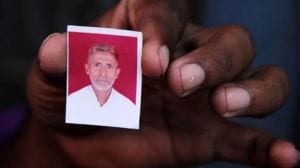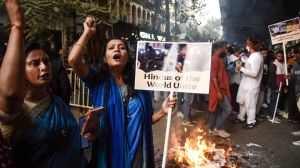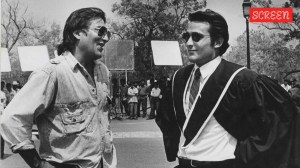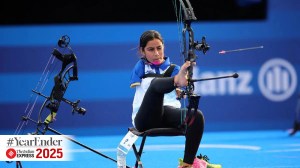Click here to follow Screen Digital on YouTube and stay updated with the latest from the world of cinema.
IC 814: Former R&AW chief AS Dulat recalls Ajit Doval ‘would regret’ how hostage negotiations unfolded in Kandahar, thought, ‘Yeh kya ho raha hai’
In an interview with Barkha Dutt, former R&AW chief AS Dulat recalled regrouping with the hostage negotiators upon their return to India after the standoff.
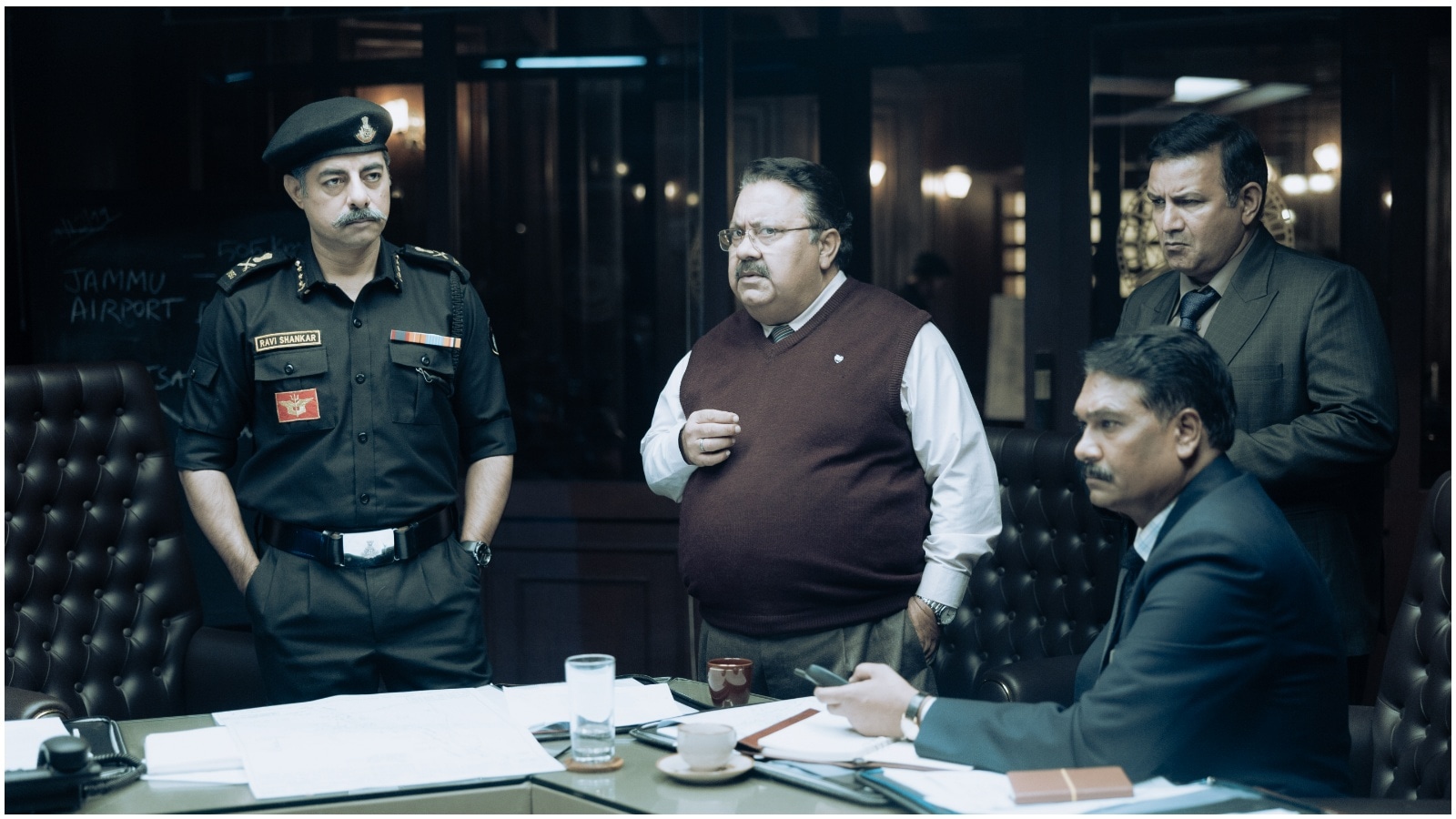 A still from IC 814: The Kandahar Hijack.
A still from IC 814: The Kandahar Hijack.The recent Netflix series IC 814: The Kandahar Hijack has sparked new interest in the incident from 25 years ago. In 1999, an Indian Airlines plane from Kathmandu was hijacked by five terrorists, who took it to Kandahar in Afghanistan, where they engaged in a nearly week-long standoff with the Indian authorities. Eventually, the hostages were released in exchange of three dreaded terrorists, at the end of intense negotiations spearheaded by now NSA Ajit Doval. In the show, directed by Anubhav Sinha, the lead negotiator character is played by Manoj Pahwa under a different name.
In an interview with Barkha Dutt on her Mojo Story YouTube channel, former R&AW chief AS Dulat recalled the operation, which he experienced and participated in from the frontlines. He also looked back on regrouping with the negotiation team, which was comprised of two members of the Intelligence Bureau and two members of the R&AW. Dulat said that Doval felt some regret over how things had unfolded, but he also noted that the Crisis Management Group had resigned itself to the reality that they would eventually have to bow down to certain demands.
Also read – IC 814 The Kandahar Hijack: In the best Indian show of the year, Anubhav Sinha puts ‘babugiri’ on blast
Recalling his meeting with the hostage negotiators after they returned, Dulat said, “He (Doval) would regret it, because he was Advani ji’s protege. Their thinking was alike. Like Advani ji felt, Ajit would also have felt that…” Asked if Advani was against handing over the three terrorists, one of whom was the dreaded Masood Azhar, Dulat said, “Yes, but you’re pitchforked into that. What do you do? You have a job to do, and you do it. Ajit would do any job, he’s a thorough professional. Mentally, he would’ve thought, ‘Yeh kya ho raha hai, kyun ho raha hai (What is happening, why is it happening)?”
Dulat also recalled receiving updates from the ground by Doval, but the crucial phone call came on December 30, six days into the hijacking. He said, “These guys were in quite a hole in Kandahar, and I could feel for them. They were four of our best guys; Ajit, Nehchal Sandhu from the IB, and there was CD Sahay and Anand Arni from the R&AW… I could appreciate and understand that this thing isn’t going to be easy. It was going to be a tough time, because we had no relationship with the Taliban, and our relationship with Pakistan was possibly in one of its bad periods.”
 (L to R) Dibyendu Bhattacharya as Abhijeet Kumar, Manoj Pahwa as Mukul Mohan, Arvind Swamy as DRS, Kumud Mishra as Ranjan Mishra in IC 814: The Kandahar Hijack.
(L to R) Dibyendu Bhattacharya as Abhijeet Kumar, Manoj Pahwa as Mukul Mohan, Arvind Swamy as DRS, Kumud Mishra as Ranjan Mishra in IC 814: The Kandahar Hijack.
Recalling Doval’s phone call on December 30, Dulat said, “(He implied) that negotiators themselves might not be safe, and that it was getting out of their hands. The main thing was to whittle down these demands. We knew that there would be demands, and the main demand, we knew from day one, would be Masood Azhar. The list went down from 105 to three, and when that happened, it was on December 30, around the time of a crucial Cabinet Committee on Security meeting. I think Ajit knew in Kandahar that there was this meeting, and he called me and said, ‘Please resolve kariye, jaldi kariye, because we don’t know what’s going to happen here. The Taliban is saying either you resolve this matter or get the hell out of here’.”
Dulat said that there was ‘an air of tension’ during the call, but the matter didn’t come up during the CCS. “By then, mentally, the government was ready to get it over with,” he said. The hostages were freed upon the release of the three terrorists from Indian prisons, but one man – Rupin Katyal – was killed by the hijackers. The Netflix show opened to positive reviews, but attracted some controversy for its perceived misidentification of the hijackers.
- 01
- 02
- 03
- 04
- 05
















